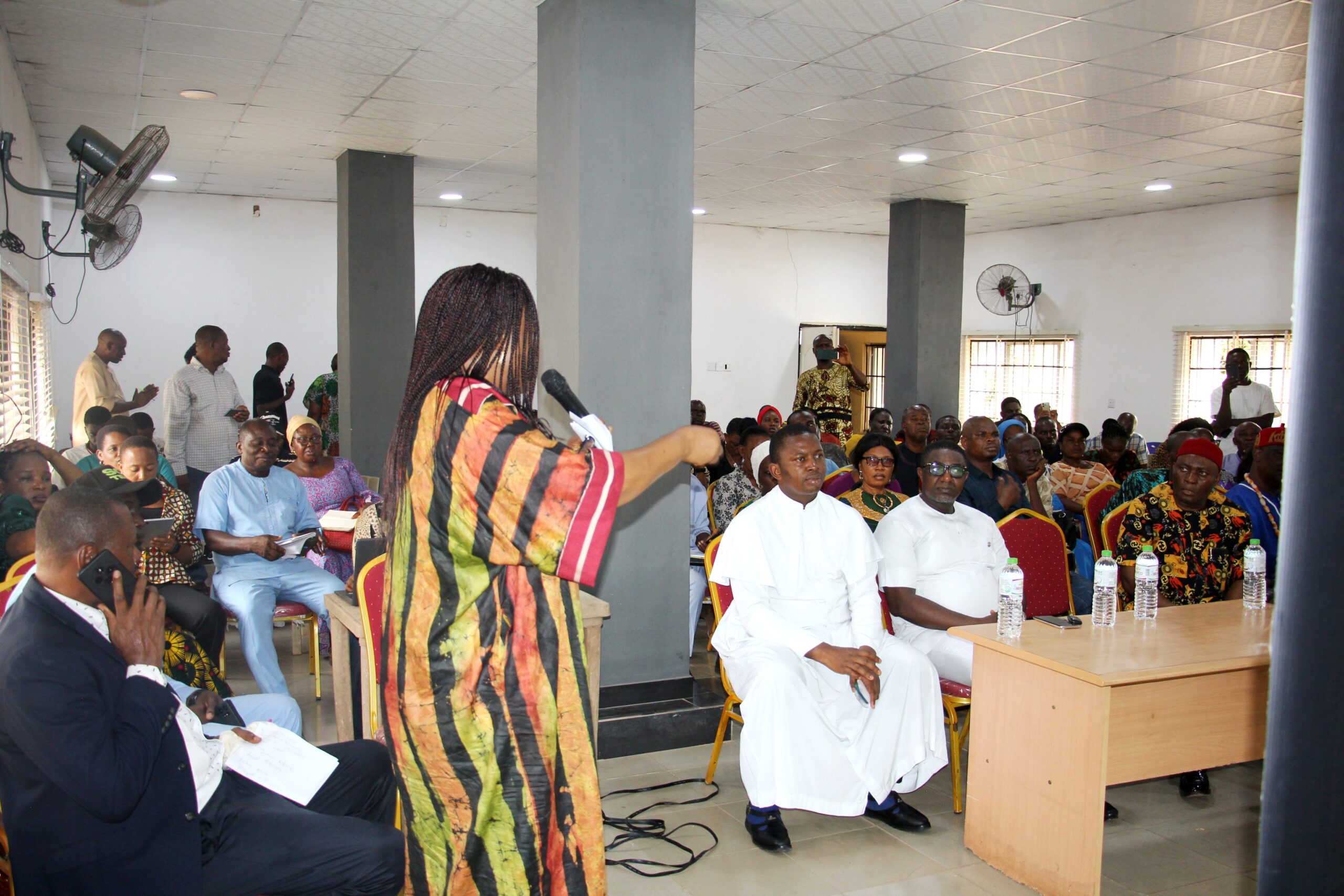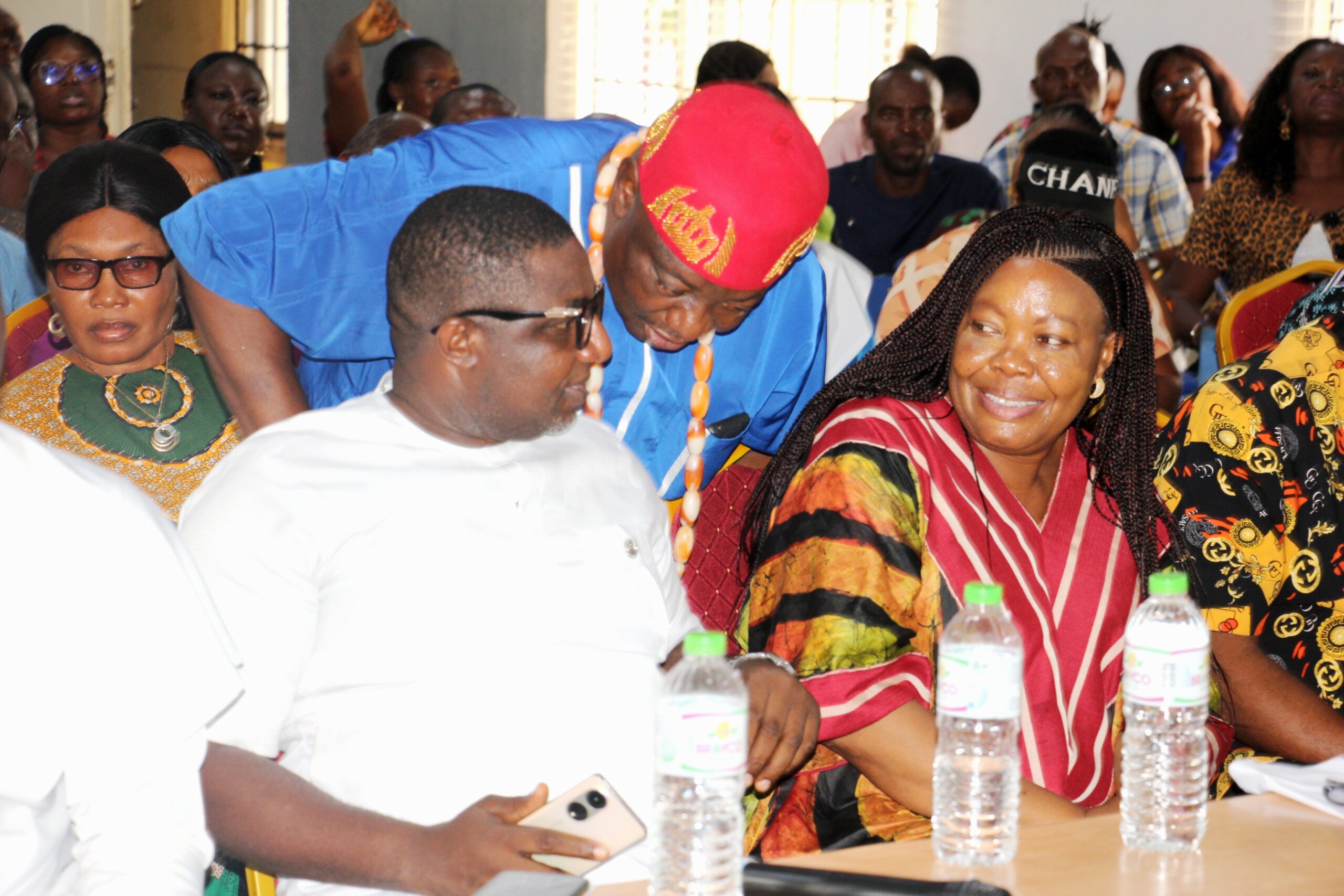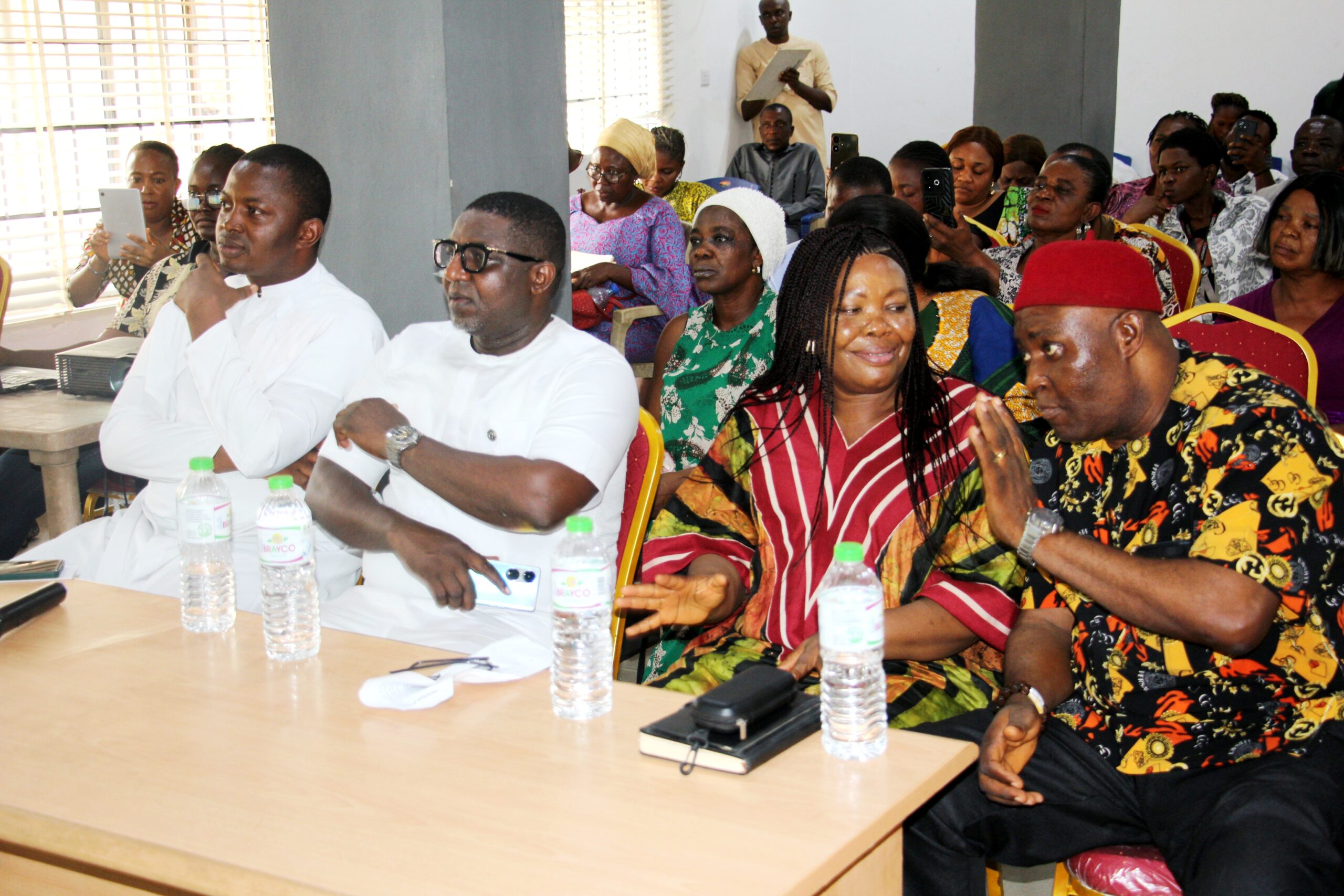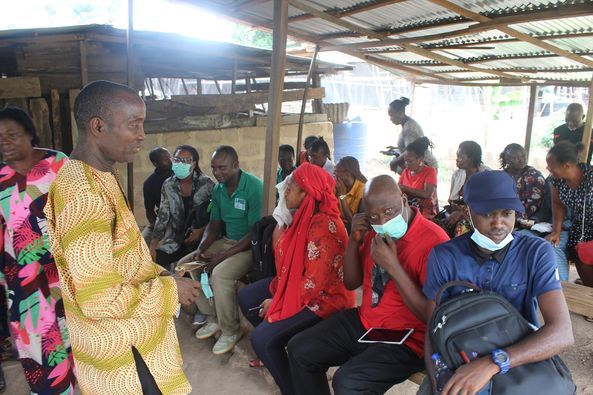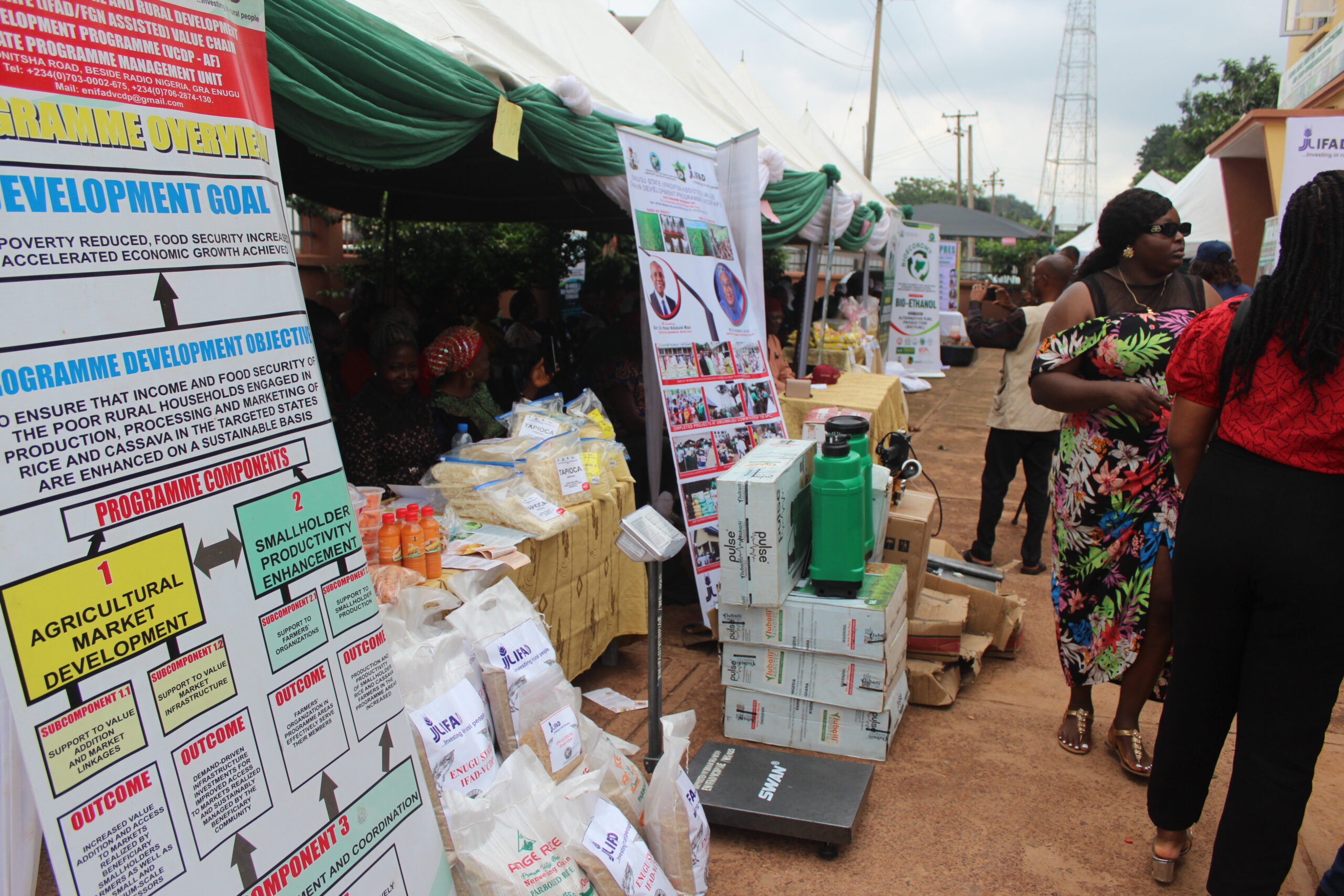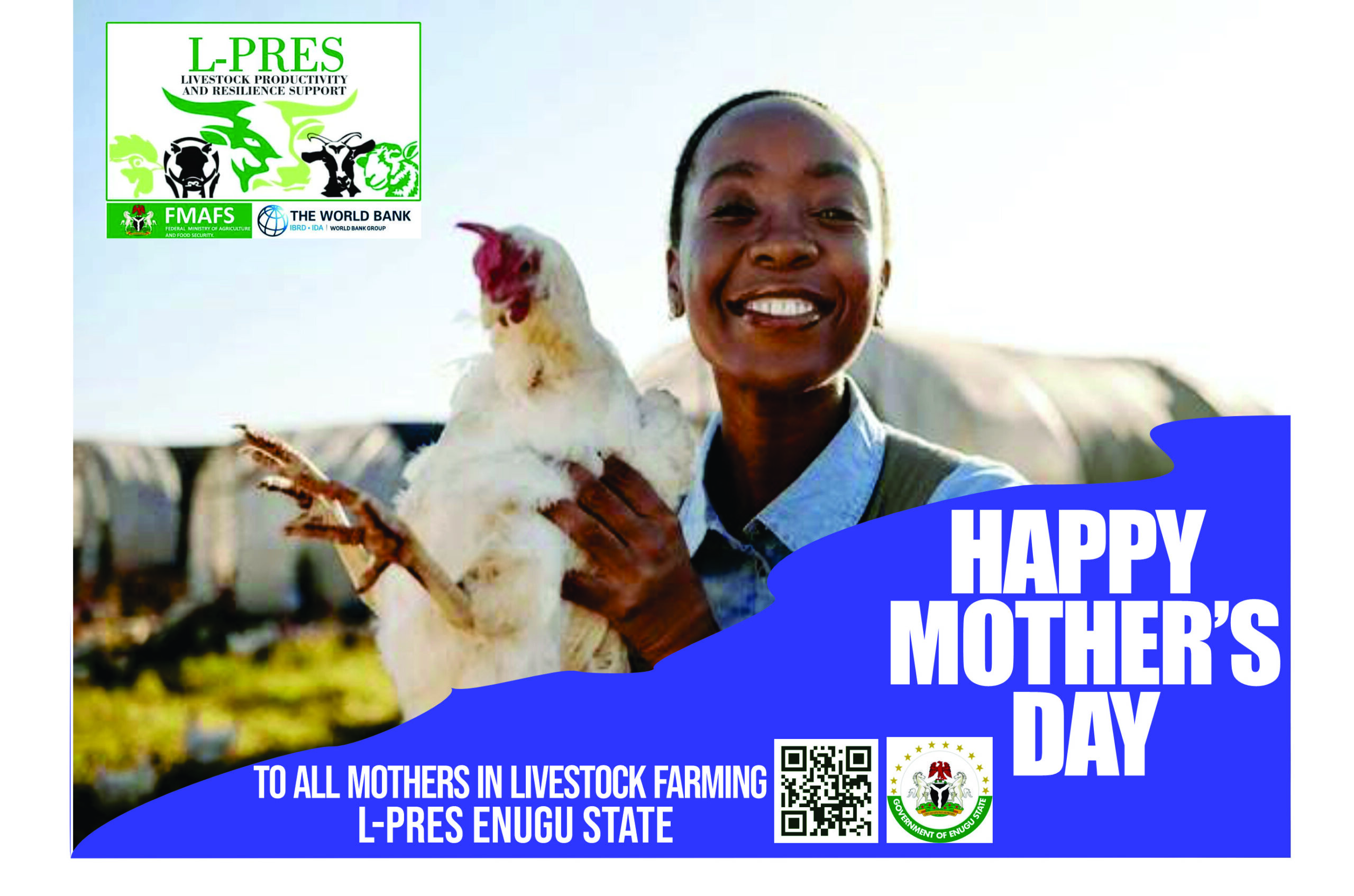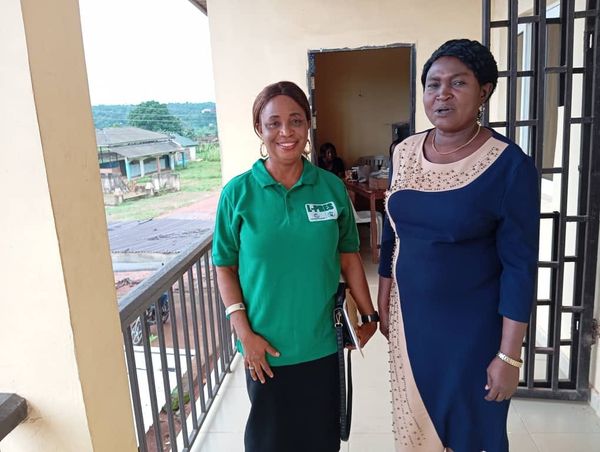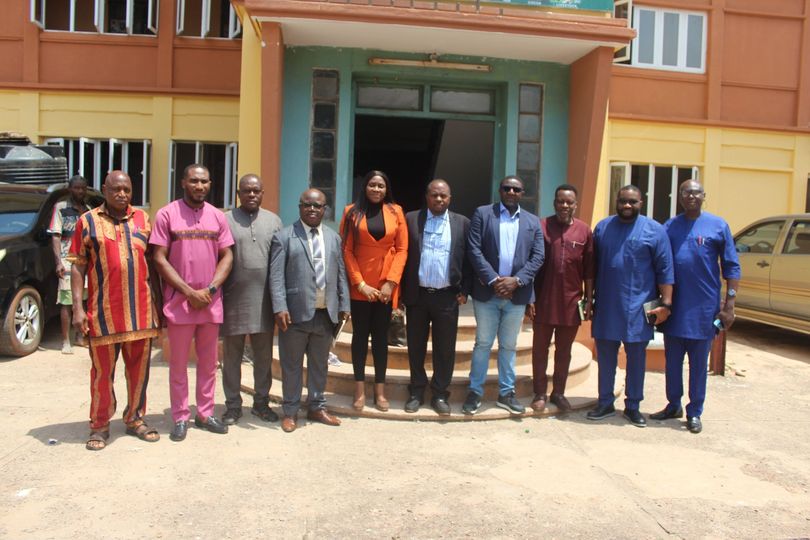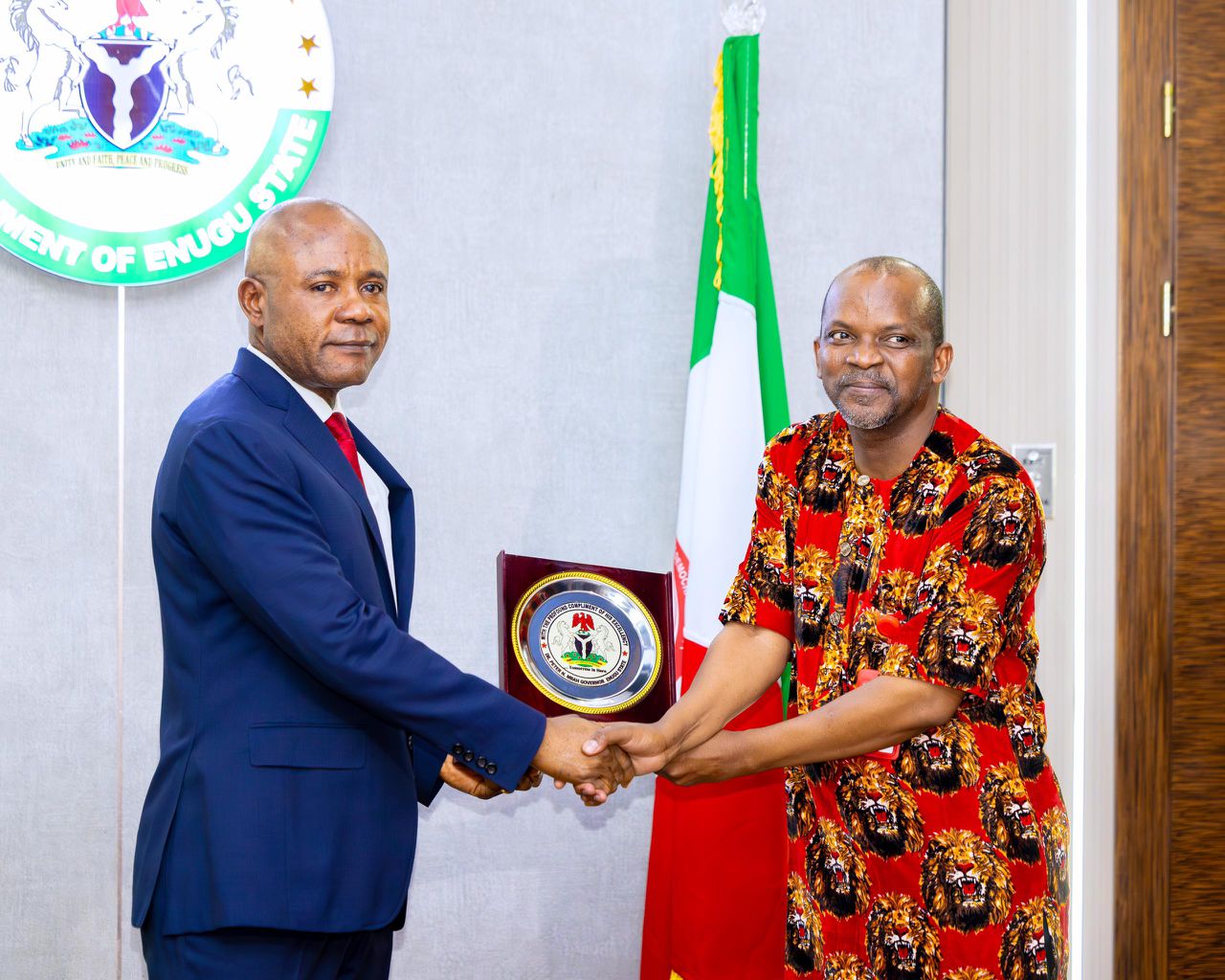The Enugu State Ministry of Agriculture has partnered with the Nigerian Meteorological Agency (NIMET) to train farmers on Seasonal Climate Prediction. This initiative aims to equip farmers with essential climate information that can help them optimize their agricultural practices based on weather patterns. The training focuses on understanding and utilizing seasonal forecasts to mitigate the risks of climate variability, improve yield predictions, and enhance overall farming strategies.

Honorable Patrick Ubru, the Commissioner for Agriculture and Agro-Industrialisation in Enugu State, encouraged the farmers to actively engage during the training by asking questions related to the seasonal climate prediction. He emphasized that this interaction would help the resource persons provide more tailored and relevant answers to the farmers’ specific concerns. By asking questions, the farmers could gain a deeper understanding of how climate predictions directly impact their farming activities, enabling them to make more informed decisions for the upcoming farming season. This open communication approach reflects the government’s commitment to empowering farmers with the knowledge they need to thrive in the face of changing weather patterns.


He also spoke passionately about the state government’s full commitment to supporting agriculture. He highlighted that the state government is 100 percent involved in agriculture, ensuring that farmers receive the necessary resources and assistance to succeed. This comprehensive support from the government includes not only training programs like the one in collaboration with NIMET but also various initiatives aimed at improving agricultural productivity, providing access to modern farming techniques, and enhancing infrastructure for better market access.
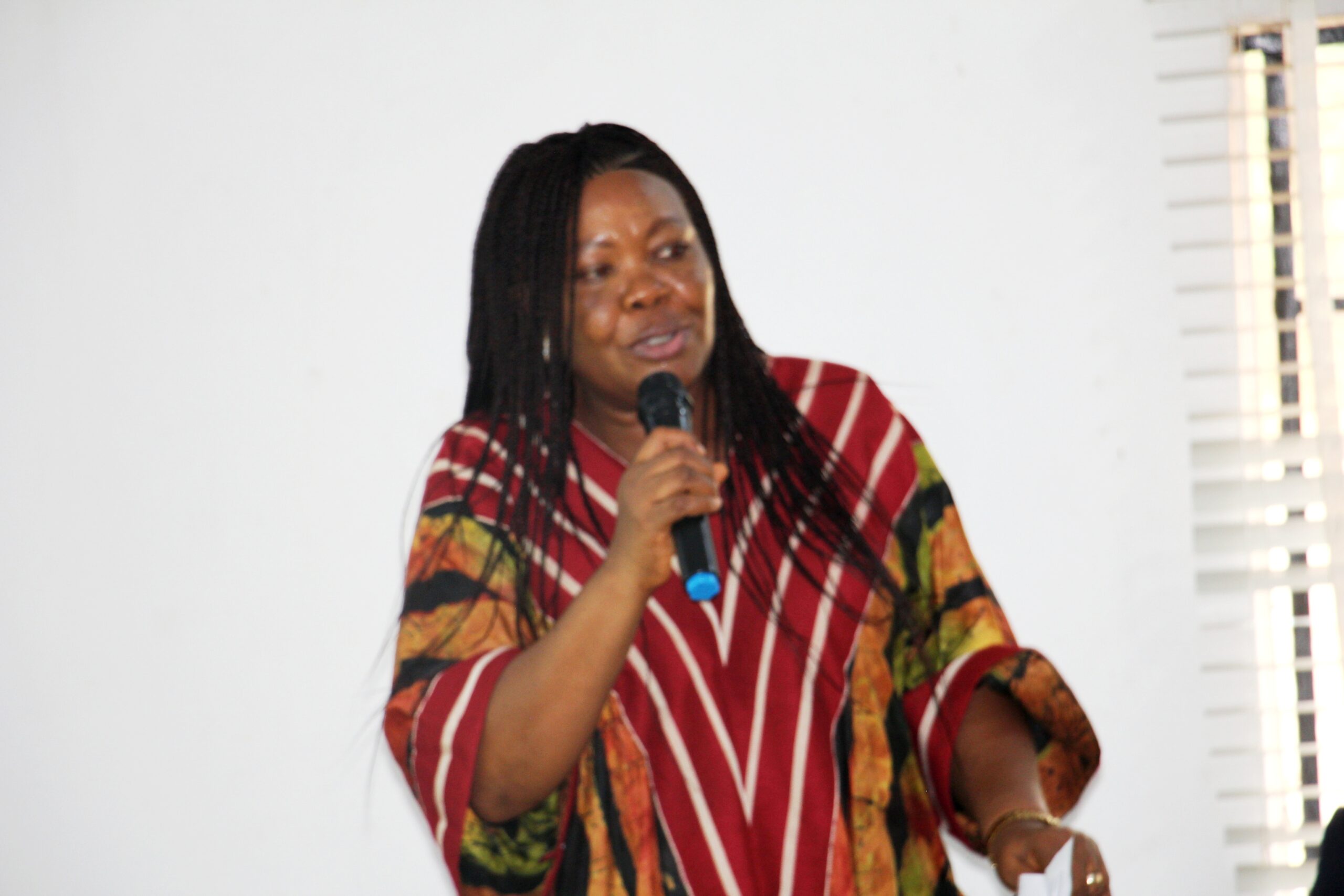
Mrs. Glory Amarachi Onyegbule, the Director of the Nigerian Meteorological Agency (NiMET), delivered an insightful and thorough explanation on the importance of seasonal climate prediction for farmers in Enugu State. She focused on how these predictions can help farmers better understand weather patterns and make informed decisions about their farming activities.
To ensure the message resonated with the farmers, Mrs. Onyegbule broke down the information to a local government level, offering clear, context-specific advice tailored to the unique climate conditions of each area in Enugu State. She highlighted the potential risks and benefits of various weather patterns—such as rainfall, temperature variations, and dry spells—and how these could influence crop planting, irrigation schedules, and pest control strategies.
By simplifying the technicalities of climate prediction and presenting it in an accessible way, Mrs. Onyegbule helped bridge the gap between meteorological science and practical farming. Her approach empowered farmers to use the seasonal climate prediction data effectively to protect their crops, optimize yields, and reduce losses caused by unexpected weather changes. This localized breakdown ensured that farmers across all local government areas could take actionable steps based on the forecasts provided.
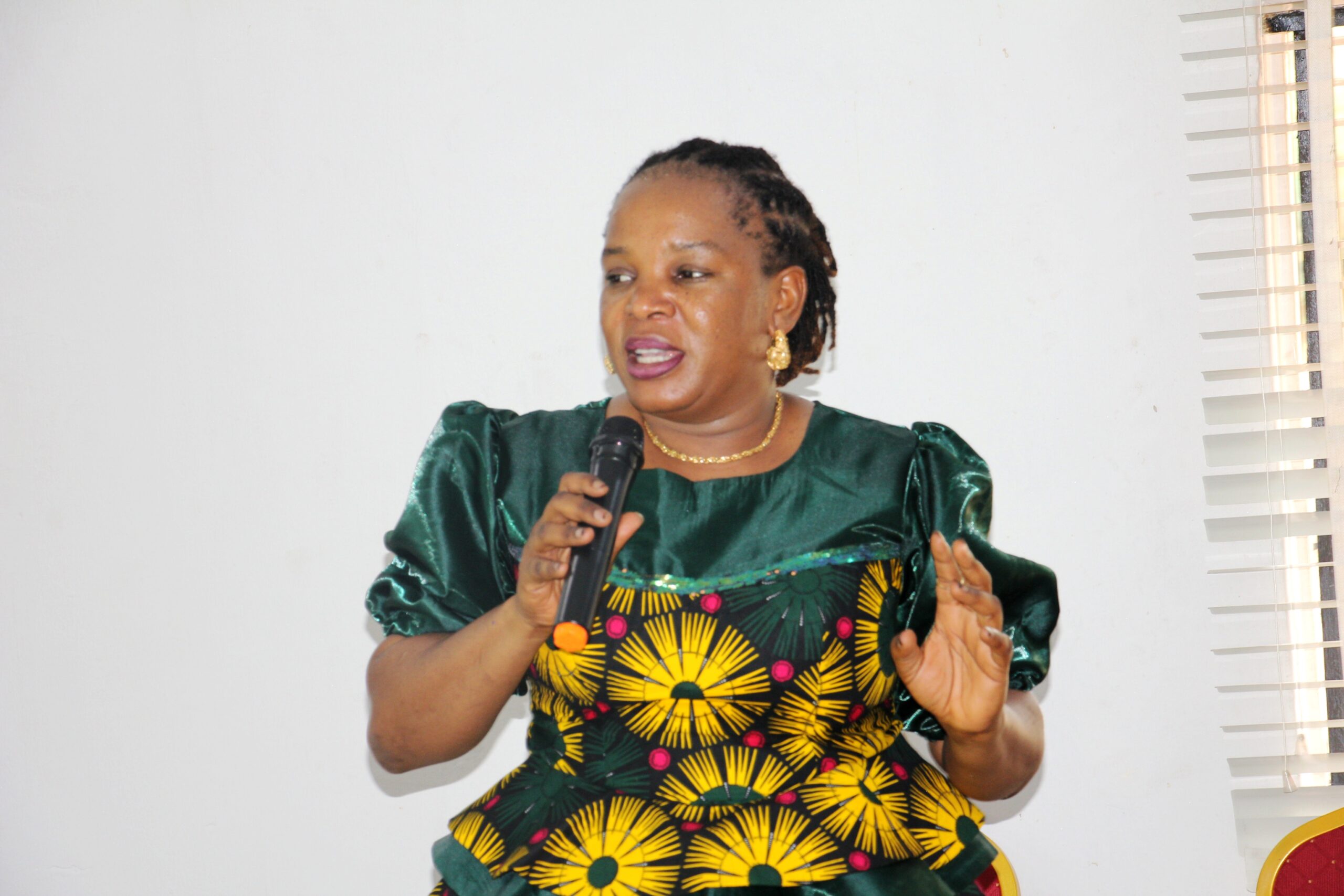
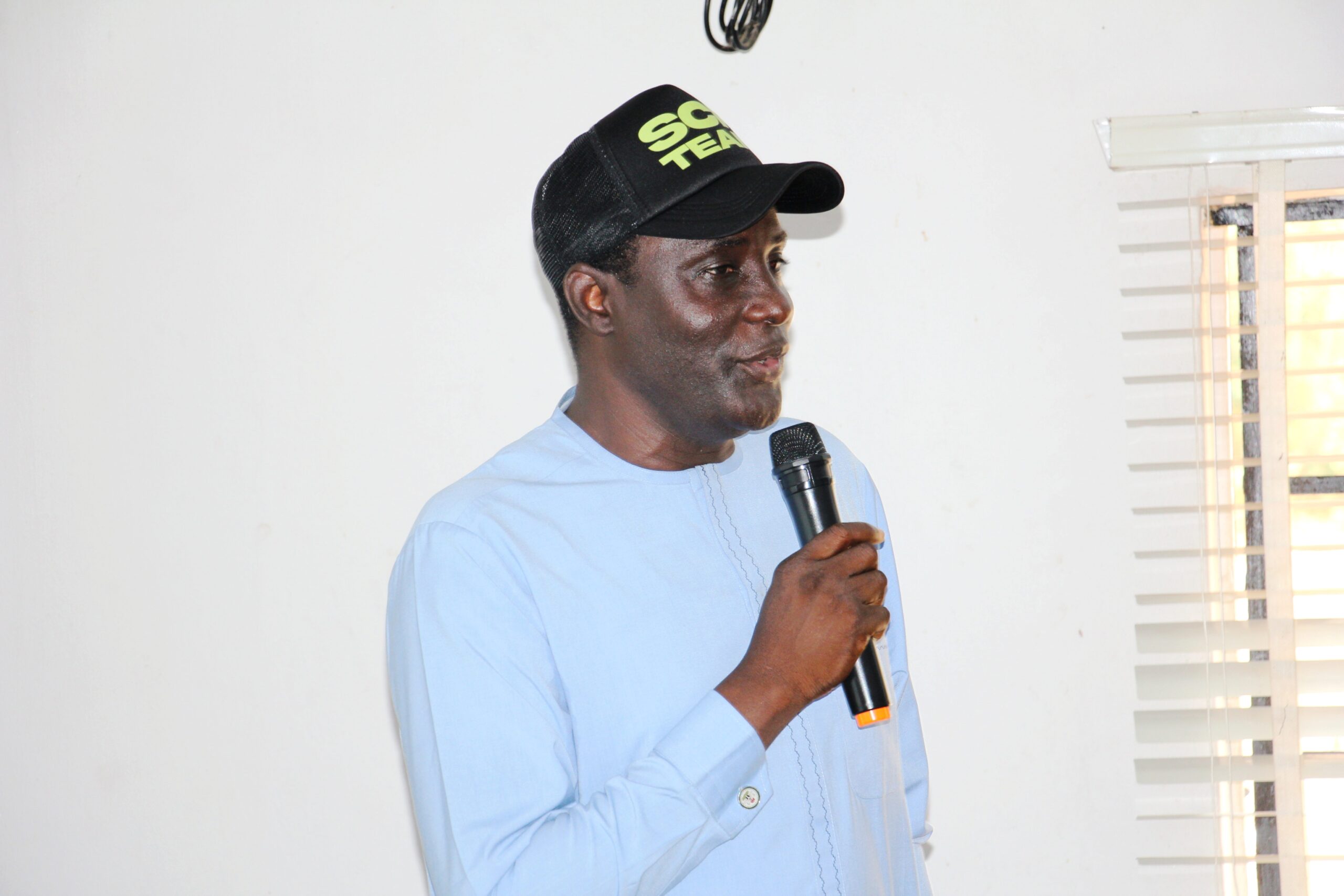
Other resource persons from NiMET were also present at the training. These experts included specialists from various fields related to agriculture and climate science, providing a diverse range of knowledge and perspectives. Their roles included offering practical insights into how farmers could leverage climate data to enhance their farming practices.
By using seasonal climate predictions, farmers can better plan their planting and harvesting schedules, adjust irrigation practices, and take preventive measures against potential weather-related challenges, such as droughts or excessive rainfall. This collaboration highlights the importance of science-based knowledge in addressing the challenges of modern agriculture.
